French Foreign Minister Catherine Colonna visited Beijing on November 24, focusing mainly on encouraging exchanges between citizens of the two countries, such as students and tourists. But the visit risks being overshadowed by trade issues after the EU launched an investigation into what China calls “protectionism”.
The European Union's (EU) anti-subsidy investigation, pushed by France, targeting Chinese electric vehicles has drawn a strong response from Beijing.
“We are really committed to dialogue with China,” Colonna told Chinese Premier Li Qiang, adding that she was honored and pleased to see him again after talks in Paris in June.
“Both countries are permanent members of the UN Security Council and both have a global responsibility... to find answers to major challenges, especially those related to climate, biodiversity and anything that can ease tensions in the world,” France's top diplomat said.
Deep concern
Colonna's trip comes ahead of a visit by European Commission President Ursula von der Leyen and European Council President Charles Michel to Beijing in early December for their first face-to-face summit with President Xi Jinping in four years, with China-EU relations at a low point since the pandemic.
European officials have repeatedly vowed to reduce economic dependence on China in key sectors – a so-called “de-risking”.
French President Emmanuel Macron, who met Mr Xi in China earlier this year, has argued that the EU should stop being “naive” in demanding a level playing field with countries like China, and has been pushing behind the scenes for the EC to launch the anti-subsidy investigation.
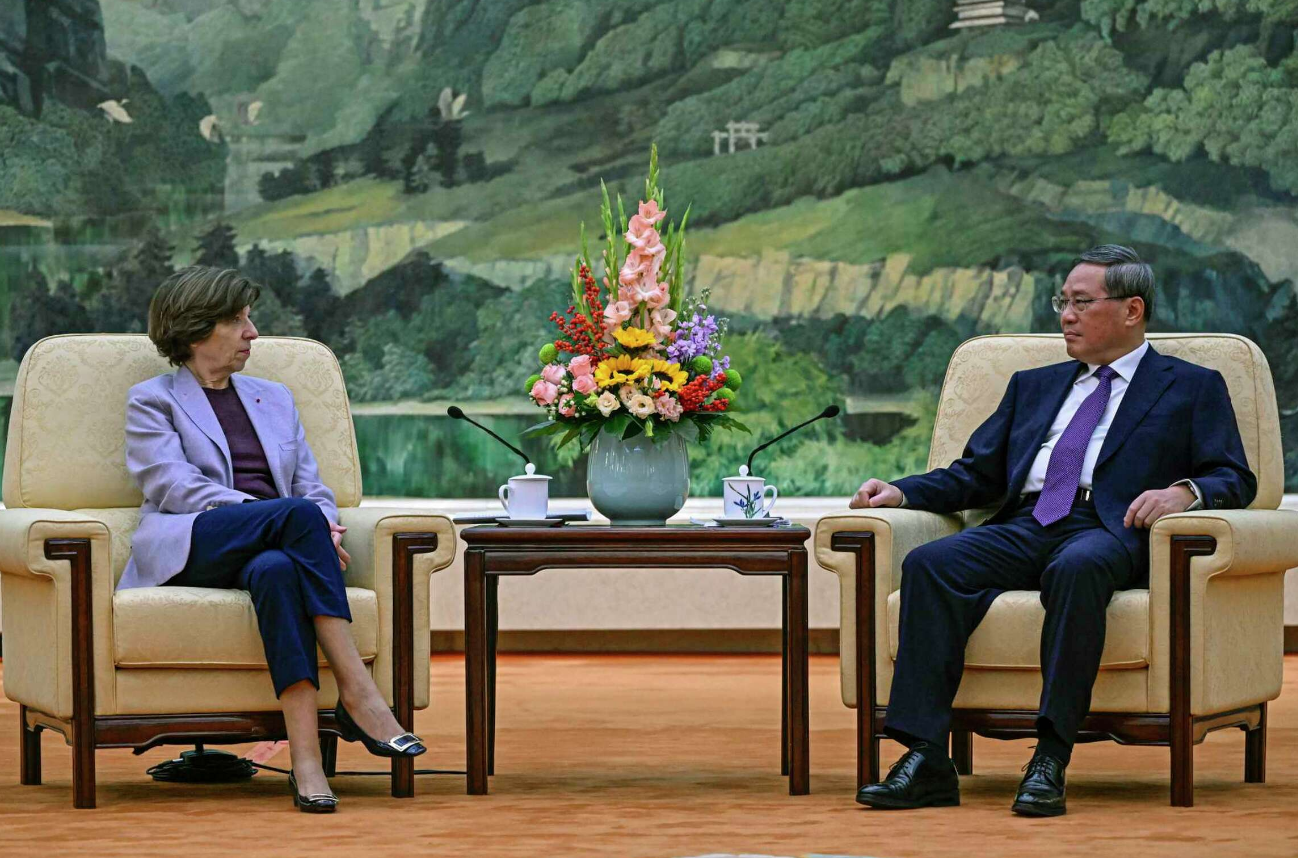
Chinese Premier Li Qiang and French Foreign Minister Catherine Colonna hold talks at the Great Hall of the People in Beijing, November 24, 2023. Photo: AP/NHRegister
China is France's third-largest trading partner, but French and European companies are deeply concerned about China's huge trade imbalance with the EU, cross-border data transfer issues and cheap Chinese electric cars flooding the European market, threatening the "old continent's" carmakers.
France is also concerned about French cosmetics companies being forced to share production secrets with Chinese parties.
France is China’s top source of cosmetics and wine imports, according to Chinese customs, with French luxury giants like LMVH particularly reliant on Chinese consumers. The lack of a strong recovery in luxury demand after China reopened from the pandemic has spooked investors.
In a phone call with Macron on November 20, Xi stressed that China welcomes investment from French companies. Meanwhile, the French leader called for fair treatment for foreign companies in China.
Chinese Premier Li Qiang, in a meeting with French Foreign Minister Colonna, expressed optimism about the broader bilateral relationship.
“Under the strategic leadership of President Xi Jinping and President Macron, the relationship between China and France has been developing better and better in all aspects since this year,” Li said.
“Next year will be the 60th anniversary of the establishment of diplomatic relations between China and France, and both sides are maintaining their efforts in the hope that the 60th year will witness a major development and a major breakthrough,” the Chinese premier said.
“Common sense may prevail”
Regarding the issue of electric vehicles, on November 23, Chinese Ambassador to the EU Fu Cong rejected the EC's recent statement that China is exporting excess electric vehicles to the European market.
“I want to emphasize that the fact that Chinese companies are selling cars in Europe is not a sign of overcapacity,” Fu Tong said at the Europe-China Forum organized by Friends of Europe, a Brussels-based non-profit think tank on EU policy.
About 300 people, including policymakers, entrepreneurs and researchers, attended the event.
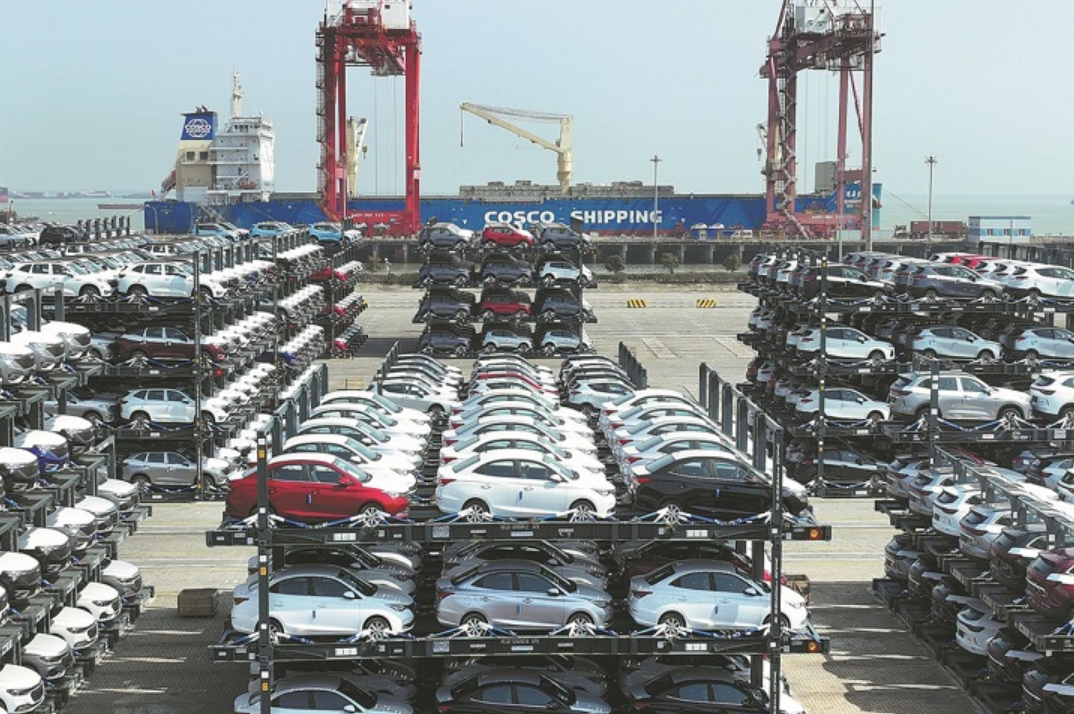
Chinese Ambassador to the EU Fu Cong asserted that Chinese companies selling cars in Europe is not a sign of overcapacity. Photo: Asia News Today
“It is clear that there is overcapacity in China and this overcapacity is being exported,” EC President von der Leyen said last week, arguing that this was the reason for the EU to launch an anti-subsidy investigation into Chinese electric vehicles.
Rejecting such claims, Mr. Pho Thong asked: “If seeking foreign markets can be automatically interpreted as excess capacity, then what are European companies doing in the Chinese market?”
He raised concerns about the fairness of the launch of the investigation and its procedures, and expressed hope that “common sense can prevail” in discussions on the matter.
The ambassador reassured the European business sector that China is committed to reform and opening up, and promoting high-quality development. “This means more opportunities for European companies.”
He said he believed there was no fundamental conflict of interest between China and the EU, either geopolitically or economically. “Yes, the two sides have differences on a range of issues, but the good thing is that the two sides are negotiating with each other,” he said .
Minh Duc (According to Reuters, CGTN)
Source


![[Photo] General Secretary concludes visit to Azerbaijan, departs for visit to Russian Federation](https://vphoto.vietnam.vn/thumb/1200x675/vietnam/resource/IMAGE/2025/5/8/7a135ad280314b66917ad278ce0e26fa)
![[Photo] Prime Minister Pham Minh Chinh meets with the Policy Advisory Council on Private Economic Development](https://vphoto.vietnam.vn/thumb/1200x675/vietnam/resource/IMAGE/2025/5/8/387da60b85cc489ab2aed8442fc3b14a)
![[Photo] National Assembly Chairman Tran Thanh Man chairs the meeting of the Subcommittee on Documents of the First National Assembly Party Congress](https://vphoto.vietnam.vn/thumb/1200x675/vietnam/resource/IMAGE/2025/5/8/72b19a73d94a4affab411fd8c87f4f8d)

![[Photo] President Luong Cuong presents the decision to appoint Deputy Head of the Office of the President](https://vphoto.vietnam.vn/thumb/1200x675/vietnam/resource/IMAGE/2025/5/8/501f8ee192f3476ab9f7579c57b423ad)
![[Photo] General Secretary To Lam begins official visit to Russia and attends the 80th Anniversary of Victory over Fascism](https://vphoto.vietnam.vn/thumb/1200x675/vietnam/resource/IMAGE/2025/5/8/5d2566d7f67d4a1e9b88bc677831ec9d)






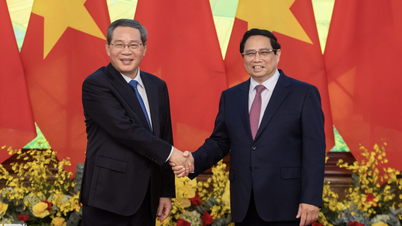

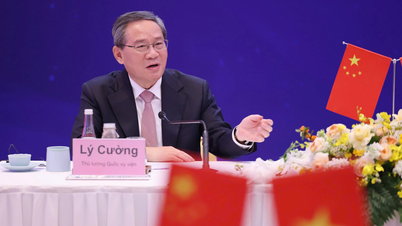


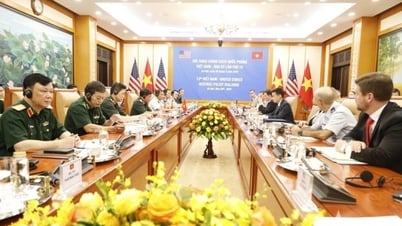

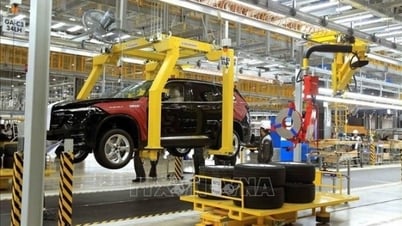

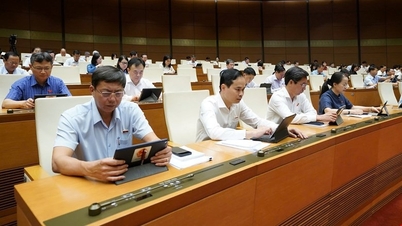
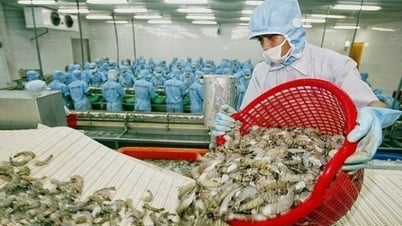







































![[Photo] Prime Minister Pham Minh Chinh talks on the phone with Singaporean Prime Minister Lawrence Wong](https://vphoto.vietnam.vn/thumb/402x226/vietnam/resource/IMAGE/2025/5/8/e2eab082d9bc4fc4a360b28fa0ab94de)














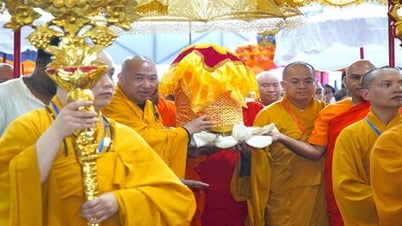

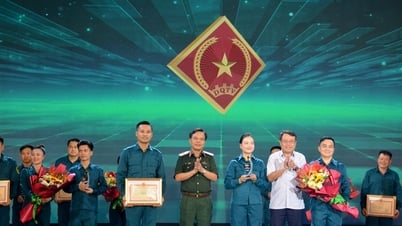



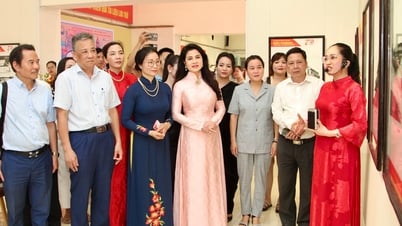














Comment (0)